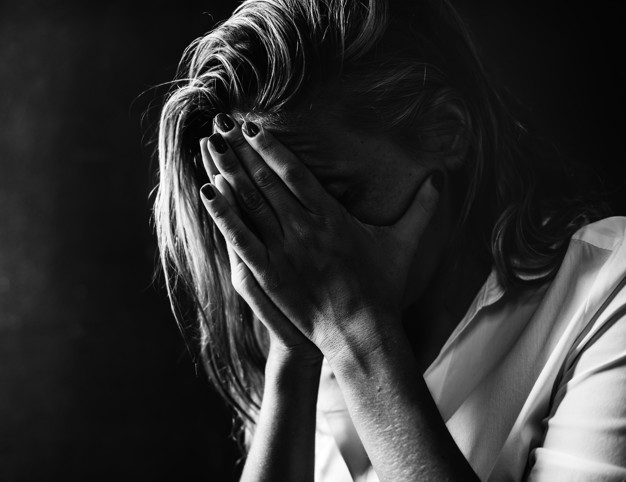Observing lows at some point in life is a common part of life, but when sentiments such as hopelessness and despair take hold and just won’t go away, you may have depression. More than just grief in response to life’s struggles and setbacks, depression changes how you think, feel, and function in daily motions. It can interfere with your capacity to work, study, eat, sleep, and enjoy life. Just trying to get through the day can be terrifying.
While some people express depression as “living in a black hole” or getting a feeling of approaching doom, others feel inanimate, empty, and apathetic. Men, in particular, can feel irritated and restless. However, you encounter depression, left untreated it can grow a serious health condition. But it’s essential to recollect that emotions of helplessness and hopelessness are signs of depression not the truth of your situation.
No matter how helpless you feel, you can get well. By knowing the purpose of your sorrow and understanding the different symptoms and kinds of depression, you can take the first steps to feel better and overcoming the problem.
Signs and symptoms of depression
Depression deviates from person to person, but there are some general signs and indications. It’s essential to remember that these symptoms can be part of life’s normal lows. But the more indications you have, the more dangerous they are, and the longer they’ve persisted the more probable it is that you’re dealing with depression.
10 common symptoms of depression:
1.Feelings of helplessness and hopelessness.
2.Loss of interest in daily activities.
3.Appetite or weight changes.
4.Sleep changes.
5.Anger or irritability.
6.Loss of energy.
7.Self-loathing.
8.Reckless behavior.
9.Concentration problems.
10.Unexplained aches and pains.
Risk factors that can make you more vulnerable to depression
Depression most often happens from a combination of factors, rather than one single cause. For instance, if you went through a divorce, were diagnosed with a severe medical state, or lost your job, the pressure could provoke you to start consuming more, which in turn could make you withdraw from family and friends. Those circumstances combined could then trigger depression.
The following are examples of risk factors that can make you more susceptible to developing depression:
●Loneliness and isolation.
●Marital or relationship problems.
●Recent stressful life experiences.
●Chronic illness or pain.
●Family history of depression.
●Personality.
●Early childhood trauma or abuse.
●Alcohol or drug abuse.
How can you manage depression?
●Get regular physical activity. Try to be active for 30 minutes, 3 to 5 days a week. Physical activity can help relieve depression. Work with your healthcare provider to develop a plan that you enjoy. It may help to ask someone to be active with you.
●Create a regular sleep schedule. A routine can help you relax before bed. Listen to music, read, or do yoga. Try to go to bed and wake up at the same time every day. Sleep is important for emotional health.
●Eat a variety of healthy foods. Healthy foods include fruits, vegetables, whole-grain bread, low-fat dairy products, lean meats, fish, and cooked beans. A healthy meal plan is low in fat, salt, and added sugar.
●Do not drink alcohol or use drugs. Alcohol and drugs can make depression worse. Talk to your therapist or doctor if you need help quitting.
